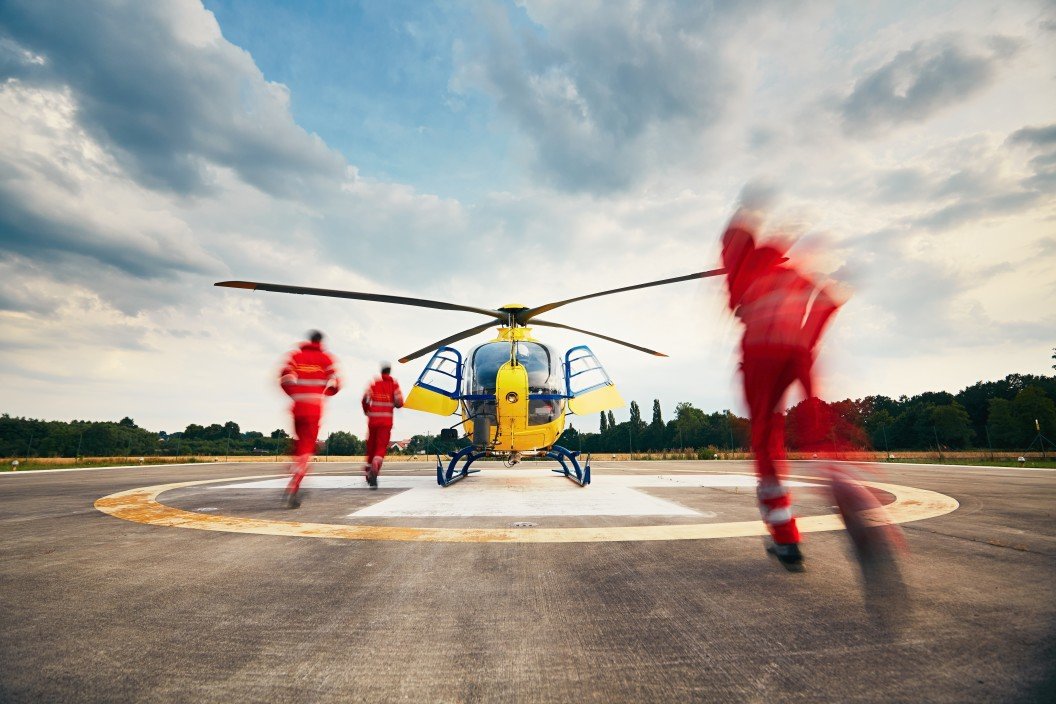
One of the key boat accessories any wise seafarer should have in their boating kit is a GPS and an EPIRB. A GPS is the perfect aid to navigation and an EPIRB will allow emergency services to find you if things go south and a rescue is required. Once upon a time, accessories like this would have been incredibly expensive, but these days, they are affordable to boaters with all kinds of budgets.
How do these technologies work and what are their features?
What is GPS?
GPS stands for global positioning system and was developed in the early '70s by the United States military. The system works by triangulating a receiver's position relative to at least three satellites. Your receiver picks up information about the satellite's position and works out how far away it is based on the time taken for the signal to arrive.
In today's world, we are fairly used to using GPS, what with its prevalence in mobile phones and portable devices, but it was only about 25 years ago when it first became fully functional.
An aid to navigation
GPS receivers are used for navigation. Instead of having reams of paper, full of maps and directional instructions, today you can have all that information in one handy device.
Marine GPS recievers are similar to what you might find on your phone using Google Maps, but they have some key features that make them especially suited for use on the water.
Take, for instance, the Garmin echoMap 75sv. It allows you to view maps and set navigation points and has that capacity to save 5,000 waypoints, 100 routes and 50 tracks. Chartplotting is made particularly easy with a GPS unit, because you can create routes that can be saved and used again and again. Sure, you could do this on a paper chart, but to have multiple different routes is going to require multiple different sheets, all in danger of being lost or damaged by water.
A GPS will help you avoid the places that you want to avoid. Solid navigation practice is the key to not getting lost, and a GPS is the perfect antidote to this problem.
Finding you in an emergency
EPIRB stands for emergency position indicating radio beacon.
In an emergency where you're unable to make your way back to land safely, an EPIRB can prove an invaluable piece of kit. They broadcast a signal on the emergency frequency of 406 MHz through either satellite or earth stations.
One of the problems with a regular EPIRB is that there's a delay between the time you activate the signal and when that signal is received by emergency services. This can be around 45 minutes, but it all depends on when the satellite comes into view.
An EPIRB can prove an invaluable piece of kit.
Many EPIRBs are just radio units, but some include GPS functionality to enhance the speed and accuracy of locating the beacon. Consider the GME MT600G. It has GPS technology integrated, making emergency services task of finding you in a hurry that much easier. Sometimes the speed at which you're find can be a matter of life and death, so purchasing an EPIRB with integrated GPS is a wise decision.
Having a GPS or EPIRB on board is a key element of smart boating practice. If you're looking to make your first GPS purchase, or maybe just in the market for an upgrade, reach out to the team at Hunts Marine today. We can help find the unit that's best suited to your budget and needs.



